“Why should we?”
“Twitter is just a bunch of noise about people eating lunch.”
“Our customers aren’t online.”
“We already have a website.”
Sound familiar? There are plenty of reasons to avoid social media, it seems. It is true that there are a zillion time-wasting testimonials out there, and a plethora of pundits sharing little, if any, value to organizations and the causes they represent.
I work for a non-profit think tank. We’re tiny, but we’re smart. With limited human resources, we have to constantly punch above our weight and consider smarter ways of doing things. Our limited communications budget means that we can’t pay a PR firm. And doing things is our goal, of course – we want direct action from our efforts, we want to measure efficacy, and we want people to talk about us. To each other. The vast array of tools at our fingertips has really changed the way we make things happen, and the speed at which technology solutions keep us competitive, relevant, and always on our proverbial toes. Management and growth of our brand can’t happen without the alignment of our website to our communications strategy, and we are constantly reiterating, changing, improving, and updating so that our “hub” is a plugged-in place where constituents can connect with us and with each other. Building in a blog brings us recency and relevancy and improved our search ratings, but it also gives us an op/ed channel that is oft-tweeted and commented on. A simple share bar allows our visitors to take our content outside of the site and extend its’ life – to remash it, remix it, and use it as they see fit. Without social media, we’d be a lot less nimble, and a lot less relevant.
So here’s how I attempt to convince a curmudgeon (phrase borrowed from Charlene Li), should I encounter one. The great thing about curmudgeons is that they usually hold the purse strings (and tie them in a triple sailor’s knot), and many social media tactics are possible without snatching the purse. Ever heard that it’s “easier to apologize than to ask for permission”? Well, sometimes it’s better to frame your argument around “Because if we don’t….”. Set the Doomsday scenario. Couch it in 2012 terms if you have to.
Here’s an example:
“Because if we don’t use Twitter, we cut ourselves off from the following benefits:
- To listen to what our community says about the issues we purport to be experts in.
- To promote our work within and connect to a wider audience.
- To monitor a variety of topics that we are interested in, simultaneously.
- To let people share our work with their networks and beyond.
- To respond quickly to our audience’s questions.
- To participate in discussions involving our strategic focus.”
Sometimes when we just do it, the tacit approval just comes. Because the tools at our disposal often have such great measurement capabilities built in, it is possible to set metrics with realistic expectations of getting that data. And a curmudgeon loves data, even if s/he doesn’t know what it means. Lather, rinse , repeat.
“6 Benefits of Using Twitter for Nonprofit” is a guest post by Aerin Guy.
Aerin is the Director of Communications at the Wellesley Institute in Toronto, Canada, a non-profit, non-partisan think tank dedicated to urban health issues. Her background includes marketing, communications, technology and publishing, but not necessarily in that order. Aerin is a frequent speaker and workshop facilitator, and consults with non-profit organizations on communications strategy and making the most of the online space. Aerin’s parents made her play outside instead of with a Coleco Vision, but she is now making up for lost time by immersing herself in communications theory, social media tools, and technology for positive social change. You can find her here:
www.twitter.com/aeringuy
www.linkedin.com/in/aeringuy
www.facebook.com/aeringuy
…and learn about the work of the Wellesley Institute at www.wellesleyinstitute.com
www.twitter.com/wellesleyWI
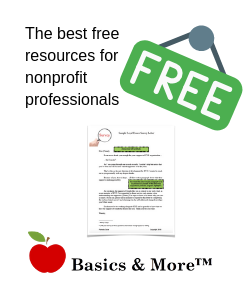

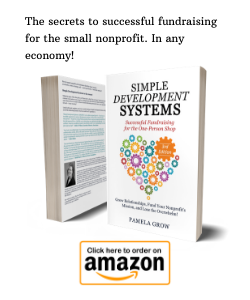
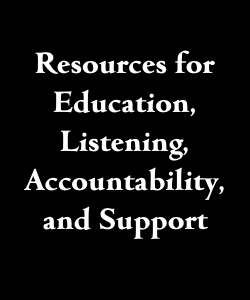
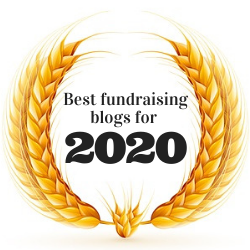


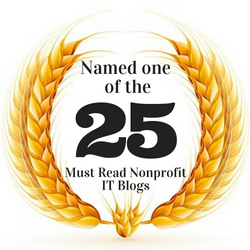




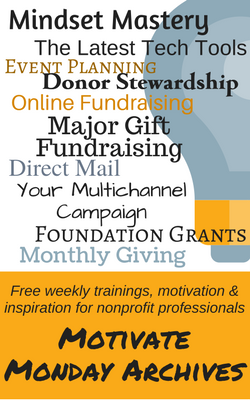

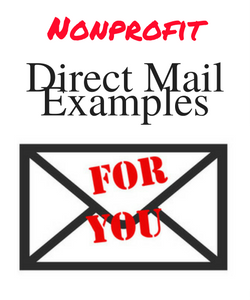
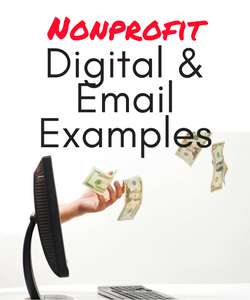

 I can’t wait to meet with you personally.
I can’t wait to meet with you personally.
Comments on this entry are closed.